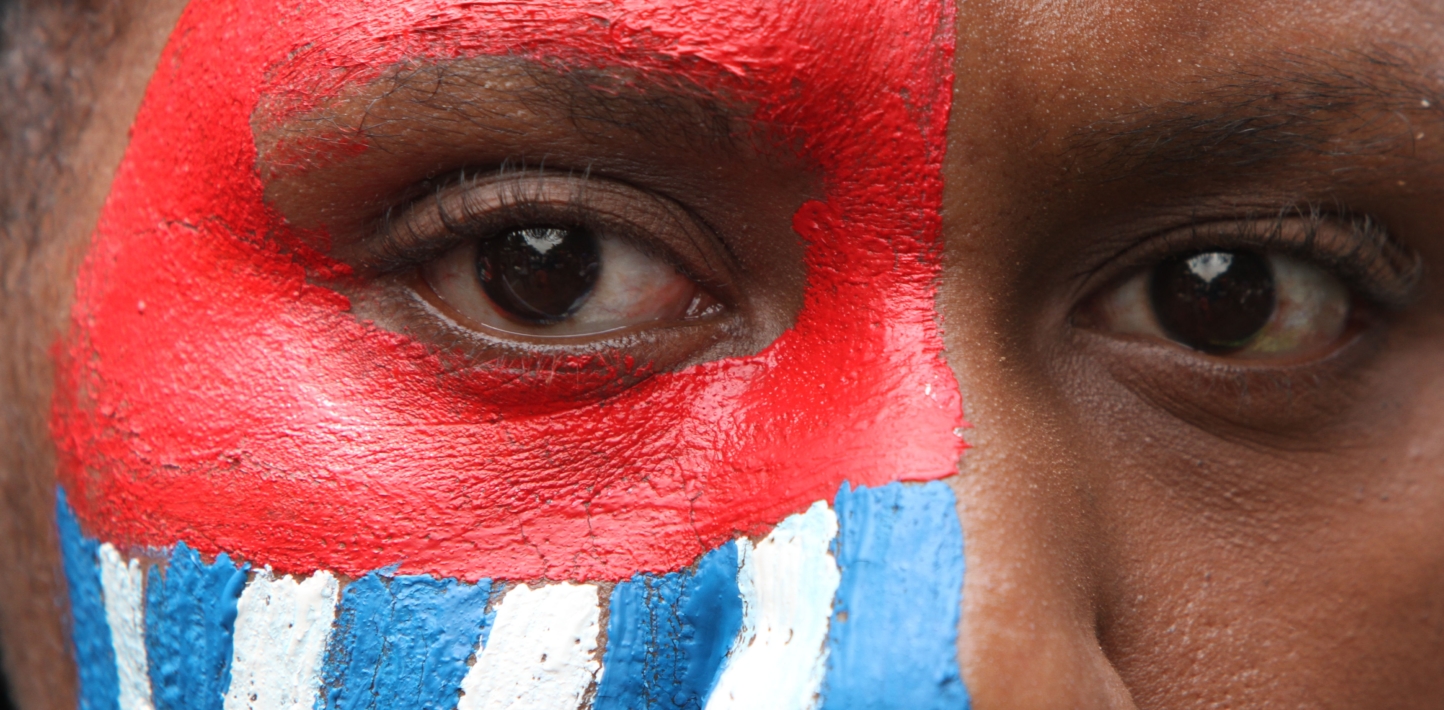Responding to Indonesia’s National Counterterrorism Agency (BNPT) chief Insp. Gen. Boy Rafli Amar’s statement about the possibility of designating “armed criminal groups” affiliated with the Free Papua Movement (OPM) as terrorist organizations, Amnesty International Indonesia Executive Director, Usman Hamid said today:
“Designating the armed groups affiliated with the Free Papua Movement (OPM) as terrorist organizations will not do anything to help end the numerous human rights violations and abuses suffered by the Papuan people, many of which are suspected to be at the hands of state security forces.”
“We are also concerned that labeling the group as ‘terrorists’ will serve as a further justification for the limitation of Papuans’ freedom of speech and assembly under the 2018 Terrorism Law, which Amnesty International has previously criticized for its potential to undermine human rights.”
“In the first three months of 2021 alone, there have been at least three cases of suspected unlawful killings by security forces, with a total of five victims. The government should focus on investigating these cases and putting an end to unlawful killings and other human rights violations in Papua and West Papua.”
Background
In a meeting on March 22 with the House of Representatives’ Commission III, which oversees law enforcement, National Counterterrorism Agency (BNPT) chief Insp. Gen. Boy Rafli Amar said that the agency was considering designating armed groups affiliated with the Free Papua Movement (OPM) as terrorist organizations. Currently, the government refers to such groups as “armed criminal groups” (KKB) or “armed criminal separatist groups” (KKSB).
“We are continuing to hold discussions with a number of ministries and agencies regarding the nomenclature of KKB and the possibility of categorizing it as a terrorist organization,” Boy said.
Amnesty International Indonesia’s monitoring shows that between February 2018 and March 2021 there have at least 49 cases of suspected unlawful killings by security forces in the provinces of Papua and West Papua, with a total of 83 victims.
The 2018 Anti-Terrorism Law grants police powers to hold suspects for up to 221 days without being brought to court – a blatant violation of the right of anyone arrested on a criminal charge to be brought promptly before a judge and be tried within a reasonable time or be released.
Amnesty underlines that the right to freedom of expression as well as assembly are guaranteed by Article 19 and 21 of the International Covenant on Civil and Political Rights (ICCPR). Both freedom of expression and assembly should be applied in a non-discriminatory way, as envisaged in Article 26 of the Covenant. While both freedom of expression and peaceful assembly can be subject to restrictions, which must be in accordance with the law and be necessary and proportionate to achieve a legitimate aim, the UN Special Rapporteur on the promotion and protection of human rights and fundamental freedoms while countering terrorism has stated that “the use of counter-terrorism legislation to target people expressing dissent and seeking to promote and protect human rights is never compatible with human rights law.”

